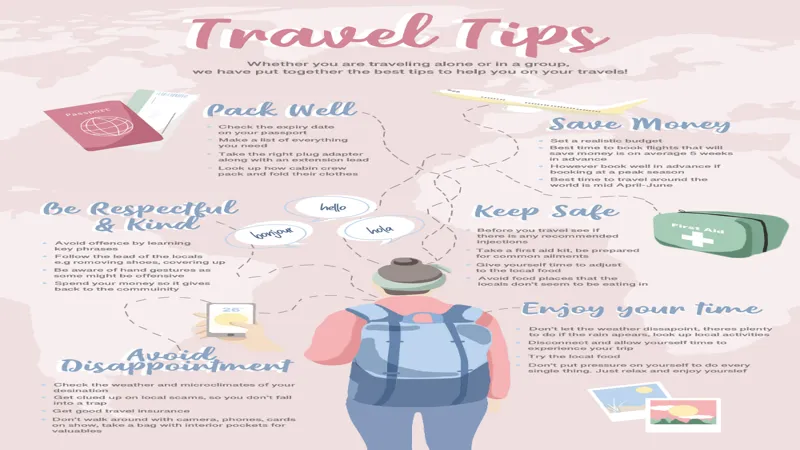In a world increasingly defined by rapid change and innovation, understanding the dynamics of contemporary issues has never been more crucial. From technological advancements reshaping our daily lives to social movements advocating for justice and equality, the fabric of society is in constant flux. This exploration delves into the complexities of these themes, uncovering the underlying forces at play and their implications for the future. Join us as we navigate through the intricacies of modern challenges and triumphs, setting the stage for a deeper understanding of our evolving landscape.
| Category | Description | Examples |
|---|---|---|
| Fruits | Edible sweet or sour plant parts that are often juicy. | Apple, Banana, Orange, Strawberry. |
| Vegetables | Edible parts of plants, usually savory and not sweet. | Carrot, Broccoli, Spinach, Potato. |
| Grains | Seeds from plants that are often ground into flour or used as food. | Rice, Wheat, Oats, Corn. |
| Protein | Nutrients important for building and repairing body tissues. | Chicken, Fish, Eggs, Beans. |
| Dairy | Food products made from the milk of mammals. | Milk, Cheese, Yogurt, Butter. |
Understanding the Basics of Teamwork
Teamwork is when people work together to achieve a common goal. It’s like playing on a sports team where everyone has a specific role, but they all work together to win the game. Good teamwork involves communication, trust, and helping each other out. When everyone plays their part, the team can succeed and accomplish things they couldn’t do alone.
In school, teamwork is important too! Group projects help students learn how to share ideas and listen to others. When students work together, they can combine their strengths and come up with better solutions. This also helps them develop social skills, which are essential for making friends and working well with others in the future.
Frequently Asked Questions
What are FAQs and how can they help me?
FAQs, or Frequently Asked Questions, provide quick answers to common inquiries. They help you find information easily, saving time and improving understanding.
Where can I find the FAQs?
You can find FAQs on our website, usually located in the help section or at the bottom of the homepage. It’s designed to assist you!
How often are the FAQs updated?
Our FAQs are regularly updated to reflect new information and user concerns, ensuring you have access to the latest answers.
Can I ask my own question if I don’t find what I need?
Absolutely! If your question isn’t listed, feel free to contact us directly. We’re here to help you!
Why is it important to read FAQs?
Reading FAQs helps you quickly solve problems and understand services or products better, making your experience smoother and more enjoyable.
Are the answers in the FAQs reliable?
Yes! Our FAQs are based on accurate, verified information to ensure you receive trustworthy guidance.
How do FAQs improve my understanding of a topic?
FAQs break down complex topics into simple questions and clear answers, making learning easier and more engaging for everyone.
Summary
The content discusses the importance of teamwork and communication in achieving goals. It explains how working together allows people to share ideas, solve problems quickly, and support each other. The main idea is that when everyone collaborates and talks openly, projects are more successful and enjoyable. Effective teamwork not only helps in completing tasks but also builds friendships and trust among team members. In summary, teamwork and good communication are essential for success in school projects, sports, and any group activities.



